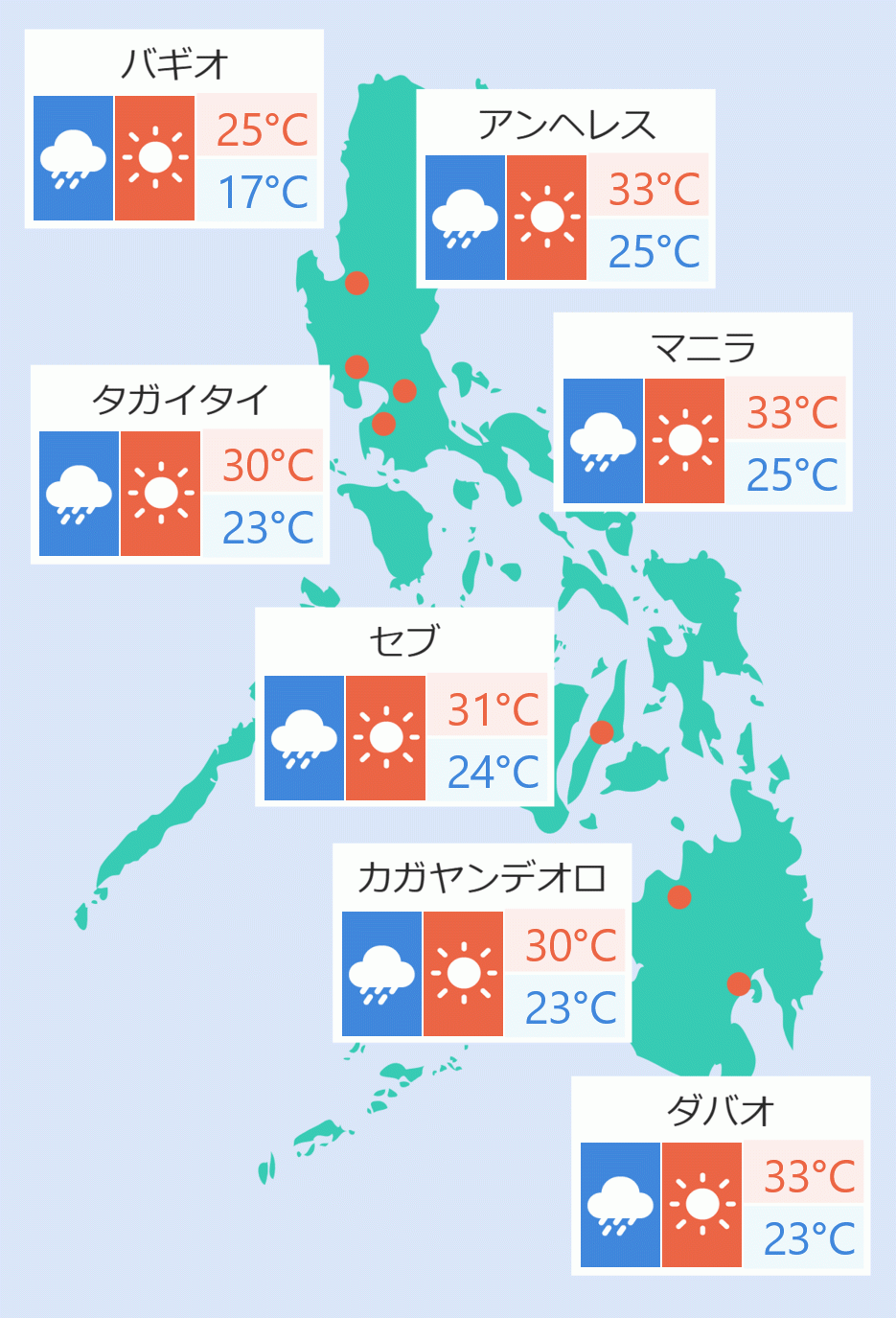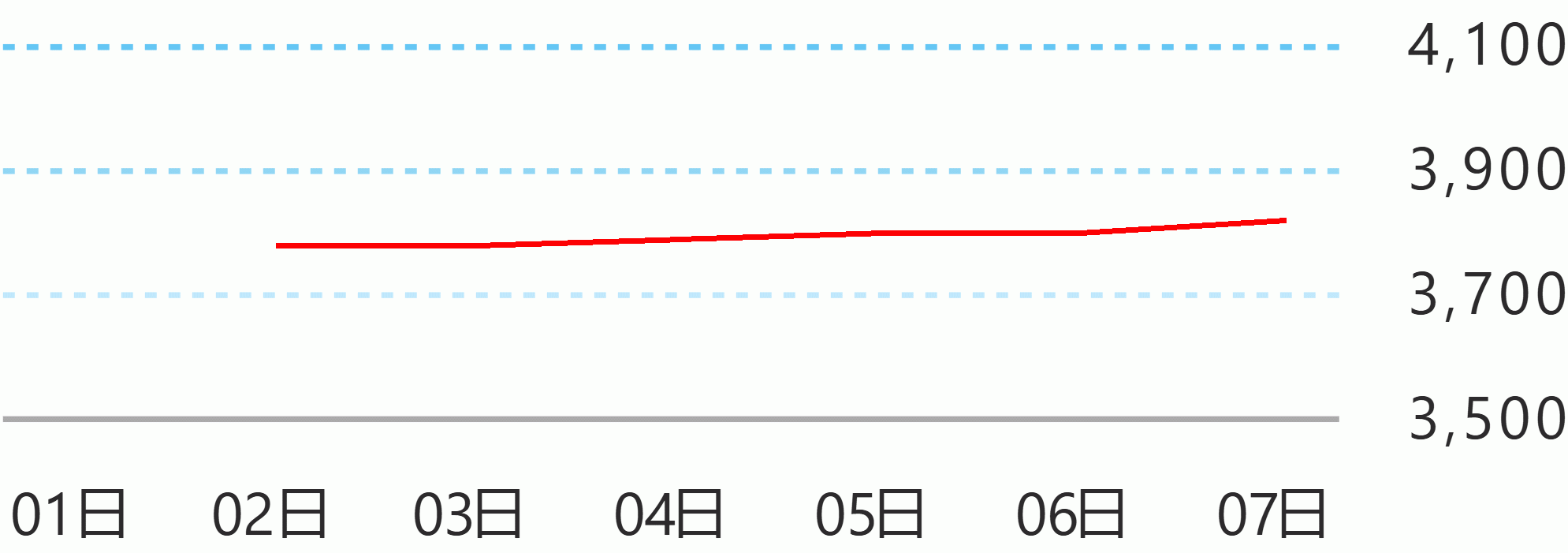US Defense Secretary Peter Hegseth announced the deployment of an additional advanced missile system in the country as the Philippines and United States agreed to “re-establish deterrence in the Indo-Pacific region” during his meeting with President Ferdinand Marcos Jr. and other cabinet officials on Friday.
In a press conference following his bilateral meeting with Defense Secretary Gilberto Teodoro Jr., Hegseth revealed the deployment of Navy-Marine Expeditionary Ship Interdiction System (NMESIS), a mountable, ground-based anti-ship missile launcher during the Balikatan exercise that will start next month.
"We agreed that the United States will deploy additional advanced capabilities to the Philippines. This includes using the NMESIS anti-ship missile system and highly capable unmanned surface vehicles in exercise Balikatan this April," he said.
"These systems will enable US forces and the Armed Forces of the Philippines to train together on using advanced capabilities to defend the Philippines' sovereignty," he added.
In 2024, the US Army brought its Mid-Range Capability (MRC) also known as Typhon missile system to the country in April for military training as part of the Salaknib and Balikatan exercises.
Despite opposition from the Chinese government who demanded the immediate pull out of MRC in the Philippines, the missile system remains in the country as training between the two countries' Army forces continues.
However, Teodoro did not confirm nor deny the possible deployment of an additional Typhon battery in the country which was welcomed by the Armed Forces of the Philippines.
"On the multi-mid-range capabilities, we will neither confirm nor deny any deployments. We will train as we see fit, and Philippine armed forces will equip as it sees fit," he said.
Teodoro said "the deployment of the NMESIS and other unmanned surface vehicles will hasten the introduction of these technologies into the vista of the Philippine armed forces and will train our troops to train for higher technological capabilities that we need for effective deterrence in the future."
"The Philippines is prepared and is in fact taking a more active role in rallying our other allies and like-minded nations to resist any attempt to change international law by a quiescence or a fait accompli in the South China Sea," he said.
"The number of status of Visiting Forces Agreements that we are entering into for the rules-based international order is proof of this," Teodoro added.
Prior to his bilateral meeting with Teodoro, Hegseth paid a courtesy call on Marcos in Malacanang Palace where they agreed to "re-establish deterrence in the Indo-Pacific region."
"These efforts build on an ongoing $500 million commitment in foreign military financing and other security assistance to support the Philippines' military modernization," Hegseth said.
Teodoro said the Philippines and United States will "work very closely, not only with our treaty allies but with other like-minded partners, in re-establishing deterrence."
"This will mean increased interoperational activities, joint exercises, realistic training in a myriad of scenarios to mirror what may be possible in the future, God forbid," he said.
Hegseth said "enhance interoperability for high-end operations" like the "conduct bilateral special operation forces training in the Batanes Islands" was also agreed during the meeting.
Both ministers also wants to prioritize bilateral defense industrial cooperation which includes "co-producing unmanned systems and increasing combined logistics support."
"I was just in Guam before I came here. We can talk about big systems and advanced technologies, but if you don't have logistics support, I see the folks who run militaries and run formations, you need logistics support to actually operate and advance forward," Hegseth said.
"These initiatives will help us share burdens and promote a more comprehensive partnership. We intend for these efforts to boost both of our economies and strengthen supply chain resilience. And finally, we agreed to launch a bilateral cyber campaign. We're going to work together to reduce cyber vulnerabilities across our alliance, and increasing cybersecurity will allow even more advanced operational cooperation," he added.
As he reiterated America's "ironclad alliance" to the Philippines, "particularly in the face of communist China's aggression in the region", Hegseth noted that peace will be achieved through strength."
"We do not seek war, we seek peace. But those who long for peace must prepare for war. And we stand united shoulder to shoulder," he added. Robina Asido/DMS





 English
English









